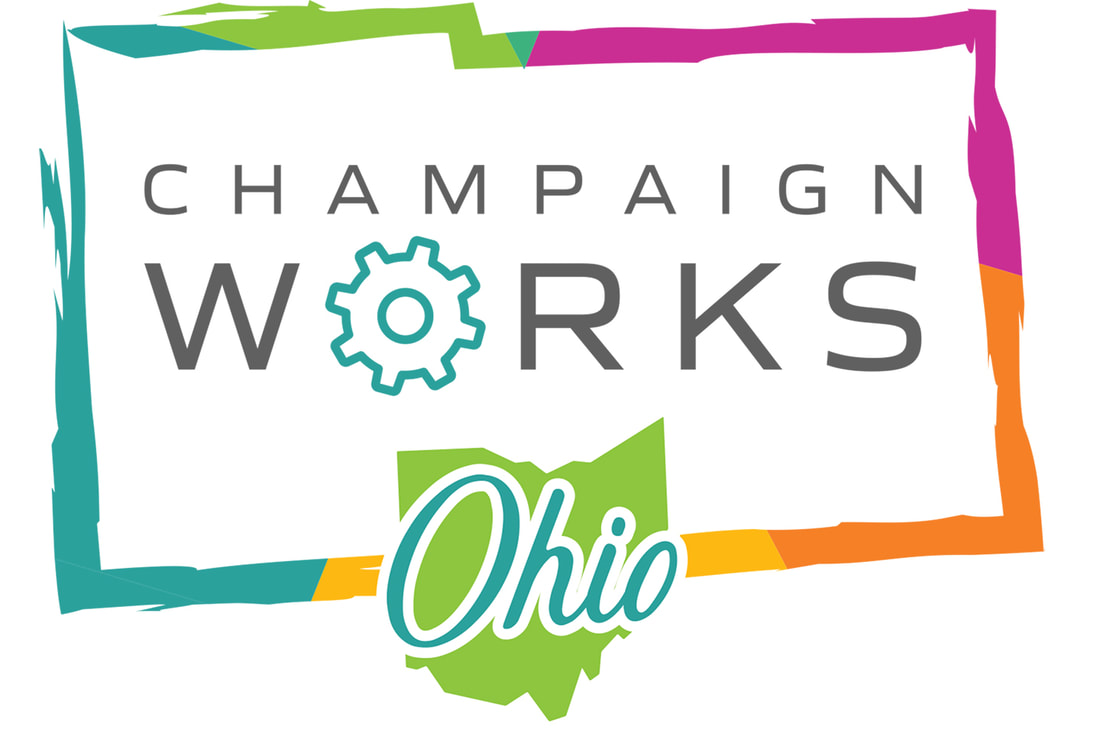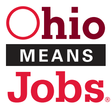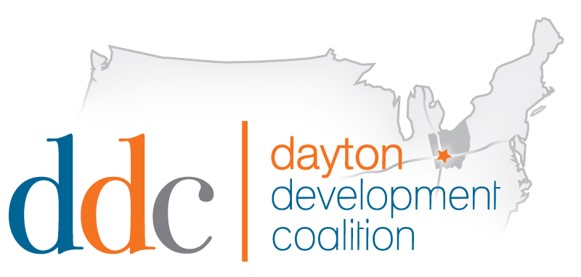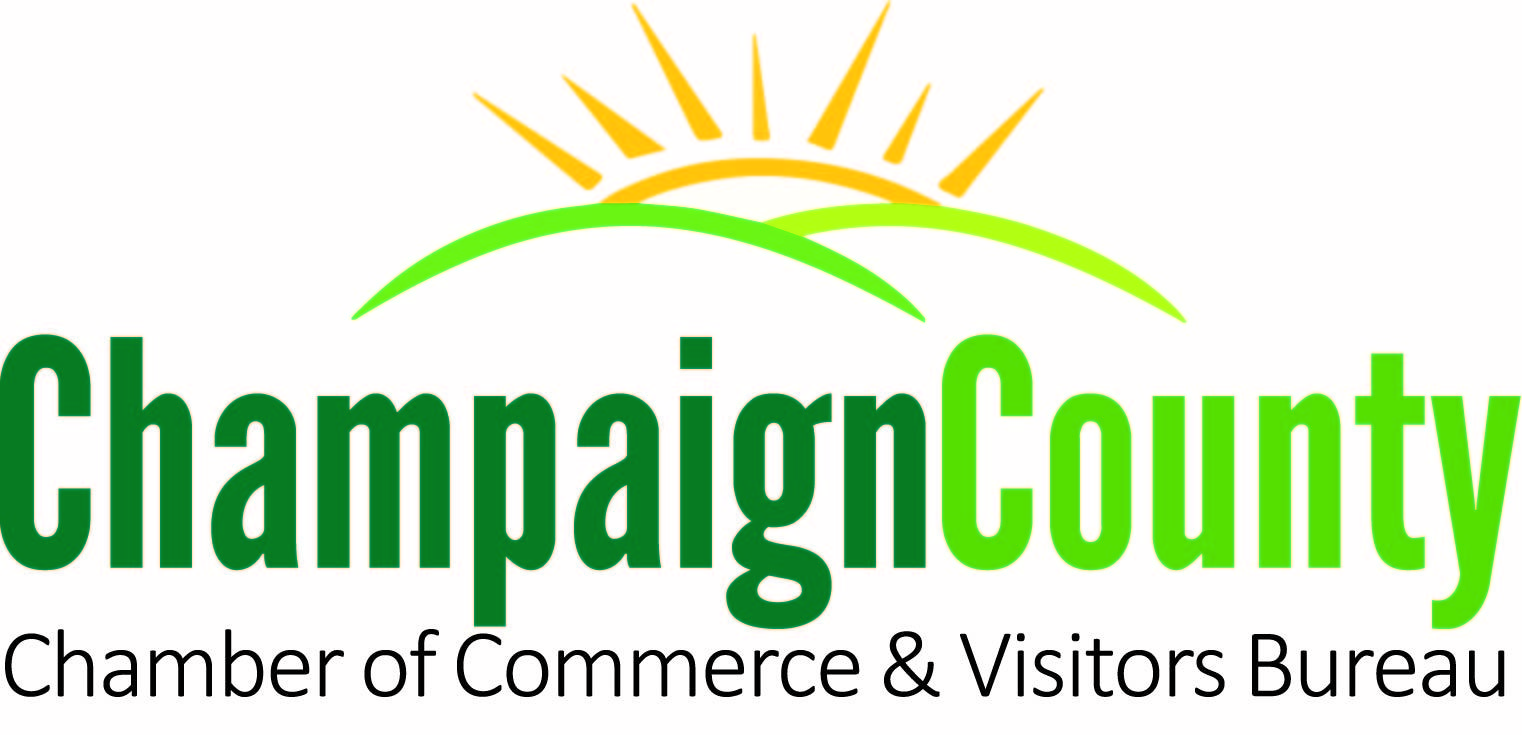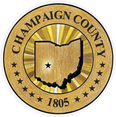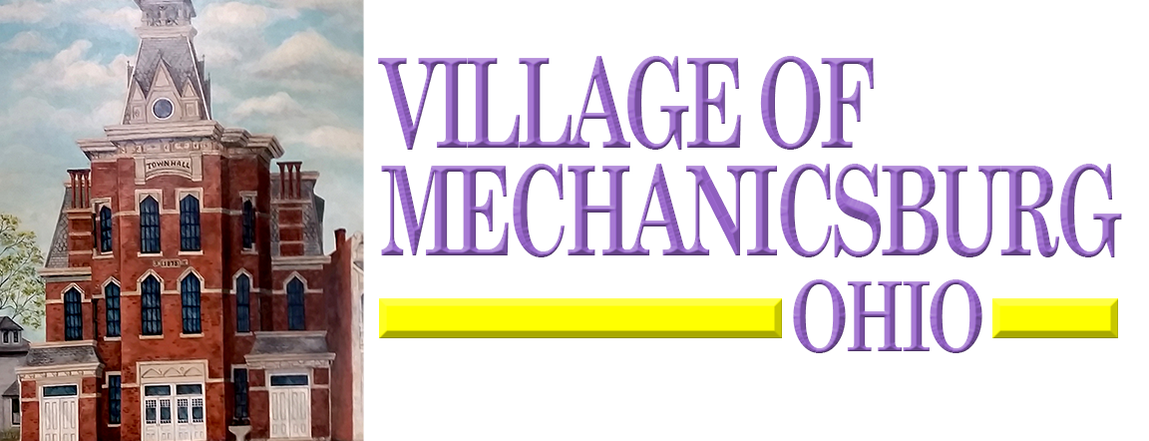Memorial Health Expands Occupational Health Services for Urbana/Champaign County Businesses2/28/2024
Memorial Health is expanding its Occupational Health services for those businesses and entities in the Champaign County area. The organization’s Occupational Health services include injury care, employee wellness, pre-employment physicals and fitness-for-duty exams, drug testing, immunizations and much more.
The new full-time clinic hours are now 7 a.m. to 4 p.m., Monday through Friday. During these expanded hours, Memorial providers and nursing staff are available to provide employee healthcare services and injury management/treatment. Memorial Occupational Health is located at 1958 E. U.S. Highway 36 in Urbana. To learn more about the Occupational Health program at Memorial, call (937) 578-2256.
“Entrepreneurs deserve all the credit – plain and simple. They’re the ones putting in the long hours, building their product, providing the services, and most importantly – taking the big chances,” said LaRose. “With great resolve, Ohioans have stood in the face of unpredictable headwinds and sent a loud and clear message to the nation – I want to do business in Ohio.”
Those looking to start a new business should take advantage of quick-and-easy online filing through Ohio Business Central by visiting OhioBusinessCentral.gov. You can also contact the CEP by visiting cepohio.com or calling (937)653-7200. Champaign County is OPEN for business! Ohio entrepreneurs can visit OhioSoS.gov/BusinessResources to discover the helpful opportunities available to them that can help them start and grow their business. NOTE: New business filings are classified as forms filed with the Ohio Secretary of State that declare the formation of a business entity, including for-profit, non-profit and professional corporations, limited liability companies, partnerships, limited partnerships and limited liability partnerships. Filing as a business in Ohio does not guarantee the company will begin operations, be profitable or create jobs. To be located on Edgewood Ave.
Sutphen, founded in 1890, is the nation’s largest family-owned and operated fire apparatus manufacturer.
“This new facility will provide an incredible opportunity for our family’s business and for the city of Urbana to grow together,” said Sutphen Corporation President Drew Sutphen, a fourth-generation family member. “For the last 131 years, our family business has worked to build the safest, most reliable fire apparatus in the world. This step will help ensure that our family continues doing the same for the next 131 years. “This has been our passion for over the last year and a half when we started this project,” Sutphen continued. “I want to thank everyone for coming. Urbana and Champaign County, the community and city officials have really made it happen.” Other family members also spoke at the ceremony. “There are very few companies in the country and even the world that have made it into the fourth generations,” said Vice President Julie Phelps Sutphen. “It is about 2 percent or less. It happened by our father, grandfathers and great-grandfathers instilling in all of us a strong family value and work ethic. That has been important for us in the fourth generation to pass to the fifth.” Local officials have helped shepherd the project along, including city officials. “I am so excited. This has been a long time coming,” said Urbana Mayor Bill Bean. “I have to thank the Urbana School Board. It is so exciting to work with them on the growth of Urbana. They have done a lot of work with the Champaign Economic Partnership. With Sutphen coming here, along with our other manufacturing, that is our lifeblood. It is wonderful to have the manufacturers that we have.” “Good things in life don’t just happen,” said U.S. Rep. Jim Jordan. “If you want to accomplish things of meaning and significance that have real lasting value, it takes work, effort and sacrifice. Those are the qualities we celebrate today. This amazing family has been in operation since 1890 and that does not happen very often.” This grant provides emergency assistance for eligible venues affected by COVID-19. From US Small Business Administration The Shuttered Venue Operators Grant (SVOG) program was established by the Economic Aid to Hard-Hit Small Businesses, Nonprofits, and Venues Act, and amended by the American Rescue Plan Act. The program includes over $16 billion in grants to shuttered venues, to be administered by SBA’s Office of Disaster Assistance. Eligible applicants may qualify for grants equal to 45% of their gross earned revenue, with the maximum amount available for a single grant award of $10 million. $2 billion is reserved for eligible applications with up to 50 full-time employees. Supplemental documents for applicants
Frequently Asked Questions: The list of FAQs answers common questions about the SVOG program, defines terms, and provides additional guidance. Please refer to and carefully review the FAQs for guidance as you complete the SVOG application. Application Checklist: The Application Checklist is provided to assist you with gathering and preparing the necessary materials (documentation, information, and technology) needed for the SVOG application. Some of these items will be required, and some are examples of items that can be submitted as supporting evidence. The Application Checklist lists materials needed by all applicants as well as applicant-specific information. The application will direct you as you go through the application portal for your specific applicant type. Applicant User Guide: The Applicant User Guide is a tool for technical assistance to guide applicants through the SVOG application portal with step-by-step instructions. Screenshots in the User Guide are for illustration purposes only. Content in the application portal will appear differently for different applicants.
SVOG-specific information about the IRS form 4506-T
Who can apply Eligible entities include:
Other requirements of note:
Grant amount Grant amounts will reflect either of the following instances:
How to apply Those who have suffered the greatest economic loss will be the first applications processed under the following schedule: Note: On January 20, 2021, SBA updated the proposed plan for issuing grants during the first and second priority periods. To clarify, priority awardees will not need to satisfy the small employer set-aside. During the first 59 days of opening SVOG, SBA will reserve no less than $2 billion of program funding for grants to entities that have no more than 50 employees. First priority First 14 days of grant awards Entities that suffered a 90% or greater gross revenue loss between April 2020 through December 2020 due to the COVID-19 pandemic. Second priority Next 14 days of grant awards Entities that suffered a 70% or greater gross revenue loss between April 2020 through December 2020 due to the COVID-19 pandemic. Third priority Beginning 28 days after first and second priority awards are made Entities that suffered a 25% or greater earned revenue loss between one quarter of 2019 and the corresponding quarter of 2020. Supplemental funding Available after all Priority Periods have passed Recipients of first, second, and third priority round awards who suffered a 70% or greater revenue loss for the most recent calendar quarter (as of April 1, 2021, or later). Allowable use of funds Funds may be used for specific expenses, which include:
Grantees may not use award funds to:
Grantee recordkeeping Grantees will be required to maintain documentation demonstrating their compliance with the eligibility and other requirements of the SVOG program. They must retain employment records for four years following their receipt of a grant and retain all other records for three years. Video tutorials Get technical support with the SVOG portal For Shuttered Venue Operators Grant application portal technical assistance such as a password reset, browser suggestions, or how to use the multi-factor authentication with an app and the QR code, applicants can call 1-800-659-2955 or, for the deaf and hard-of-hearing 1-800-877-8339 and follow the prompts to SVOG assistance. The call center is open from 8 a.m.- 8 p.m. ET, 7 days a week. What to expect after you have applied: -Post-application frequently asked questions -SVOG eligibility matrix, including:
How to clear a "Do Not Pay" hold on your application Visit the U.S. Department of the Treasury’s Do Not Pay - Privacy Program, scroll down to “Data Correction Process,” find the row for the match source, and use the Contact Information on the corresponding row to clear any misinformation. The applicant will have 30 days to provide SBA with information that their name has been cleared from the match source. For more detail, see the Post-application FAQs. Information for awardees Program reports and data Ohio Governor Mike DeWine and Lt. Governor Jon Husted last week announced the launch of four grant programs to help small and medium-sized businesses recover from the impact of the coronavirus pandemic. "These four new grant programs will help industries that experienced losses over the last year because of the pandemic,” said Governor DeWine. “Ohio’s economy is moving forward, and with new grant programs like the ones we are announcing today, we are optimistic that our economy will only continue to grow stronger from here." The programs will provide $155 million in grant funding to businesses that opened in 2020, food and beverage establishments, entertainment venues, and lodging venues. The funds were made available by the Ohio General Assembly as part of Senate Bill 108 and Senate Bill 109, both of which Governor DeWine signed into law in May. All four programs will be administered by the Ohio Development Services Agency (Development). Program guidelines, terms and conditions, and required documentation for all four programs are available now at BusinessHelp.Ohio.Gov. The applications will open tomorrow, Tuesday, June 29, 2021. “The focus of this funding is primarily on Ohio-owned, small businesses that are important contributors to their local economy and the quality of life for the people who live there,” said Lt. Governor Husted. “The grants will help these businesses buy equipment, hire more employees and make needed updates to their facilities, so they, and the communities they serve, can recover faster.” Ohio Small Business Development Centers and Ohio Minority Business Assistance Centers are staffed with advisors who can help businesses with the application process. “The investments we make through these programs will ensure the survival and stability of our small businesses,” said Director of Development Lydia Mihalik. “Our small business owners and entrepreneurs are the heart of our economy, and we’re optimistic about the future.” The Food and Beverage Establishment Grant will provide grants of $10,000, $20,000, or $30,000 to restaurants, bars, coffee shops, and other food and drink businesses. The amount of individual grants to eligible businesses will be determined by the business’s loss of revenue in 2020. The total funding available for this program is $100 million. To ensure the grants are spread throughout the state, $500,000 will be set aside for businesses in each of Ohio’s 88 counties. As businesses in each county are approved for funding, the grants will be awarded on a first-come, first-served basis. When a county’s allocation is depleted, businesses in that county will be eligible to receive grants from the remaining funds in the overall grant program. If businesses in a county don’t deplete the county’s allocation by July 31, the remaining funds will become available to businesses statewide. The Entertainment Venue Grant will provide grants of $10,000, $20,000, or $30,000 theaters, music venues, spectator sports venues, museums, and other entertainment venues. The amount of individual grants to eligible businesses will be determined by the business’s loss of revenue in 2020. The total funding available for this program is $20 million. To ensure the grants are spread throughout the state, $150,000 will be set aside for businesses in each of Ohio’s 88 counties. As businesses in each county are approved for funding, the grants will be awarded on a first-come, first-served basis. When a county’s allocation is depleted, businesses in that county will be eligible to receive grants from the remaining funds in the overall grant program. If businesses in a county don’t deplete the county’s allocation by July 31, the remaining funds will become available to businesses statewide. The Lodging Grant will provide grants of $10,000, $20,000, or $30,000 to hotels, motels, and bed and breakfast operations. The amount of individual grants to eligible businesses will be determined by the business’s decline in occupancy rate in 2020. The total funding available for this program is $25 million. To ensure the grants are spread throughout the state, $100,000 will be set aside for businesses in each of Ohio’s 88 counties. As businesses in each county are approved for funding, the grants will be awarded on a first-come, first-served basis. When a county’s allocation is depleted, businesses in that county will be eligible to receive grants from the remaining funds in the overall grant program. If businesses in a county don’t deplete the county’s allocation by July 31, the remaining funds will become available to businesses statewide. The New Small Business Grant will provide grants of $10,000 to small businesses that were established between Jan. 1, 2020, and Dec. 31, 2020. The total funding available is $10 million.
To ensure the grants are spread throughout the state, $100,000 will be set aside for businesses in each of Ohio’s 88 counties. As businesses in each county are approved for funding, the $10,000 grants will be awarded on a first-come, first-served basis. When a county’s allocation is depleted, businesses in that county will be eligible to receive grants from the remaining funds in the overall grant program. If businesses in a county don’t deplete the county’s allocation by July 31, the remaining funds will become available to businesses statewide. From Urbana Daily Citizen
Clearview Solar, a Champaign County-based subsidiary of Open Road Renewables, is currently working with landowners using lease agreements to utilize acreage for a photovoltaic (“PV”) electric generation facility to be located north of Rosewood in Adams Township. Clearview Solar’s plan allows for a maximum generation capacity of 144 megawatts of electricity. According to the company’s website, the approximated fenced area is 1,061 acres. The foundation is to be made from driven pilings, making a concrete foundation unnecessary. Thousands of interconnected solar modules are to be mounted on racking attached to the steel pilings. The proposed site has a maximum height of 15 feet and an estimated ground coverage ratio of 31%. Like any other major utility facility in Ohio, Clearview Solar is required to obtain a certificate of environmental compatibility and public need from the Ohio Power Siting Board (OPSB) before construction can begin. A typical OPSB certification process can take anywhere from 9 to 12 months. After several months of going through the standard application process through OPSB, the solar project is in the final stages of approval. After meeting with the Champaign County Commissioners at the beginning of June, Vice President of Development at Open Road Renewables Doug Herling agreed to be available for a public meeting after the commissioners expressed concern about lack of community awareness. However, according to Assistant Prosecuting Attorney Jane Napier, the solar project is too far into the process for community members to be successful in any oppositions that may arise. The commissioners requested that a public meeting would be scheduled in order to spread word of the project. The public meeting will be Tuesday, June 22 at 9 a.m. in the auditorium of the Champaign County Community Center. Herling will be there in person to give a presentation. There will be a question-and-answer session where the public will have the opportunity to ask questions concerning the proposed solar project.
Though students no longer take classes at the university, its campus remains in tact. In an effort to bring the property back to life, commercial real estate firm CBRE placed it on the market. There is no list price for the property.
CBRE’s Anne Rahm and Todd Greiner are marketing the campus for sale on behalf of the owner, Franklin University. “The Urbana campus listing is a rare opportunity for both educational and institutional users as well as investors looking for a unique redevelopment opportunity,” said Rahm, Midwest regional manager for CBRE’s Public Institutions and Education Group. For more on the campus, visit the Dayton Business Journal.
Mitchell credits each owner’s business acumen and commitment to the St. Paris community to “grow stronger” in 2021. “Shopping local, supporting local businesses and promoting goodwill in the community is what we in St. Paris believe in,” he said.
Mitchell is highlighting the accomplishments of business owners and businesses that recently opened, are planning to open, or are renovating in the village. Family Country Cuts, located at 211 W. Main St. opened this month. Janie Douglas’s salon offers a variety of services such as haircuts for men and women, coloring, make-up, facial waxing, manicure and pedicure and facials. Douglas brought on two more workers, one full time and one part time, and is excited to see the growth of her business. Hinting at possibly including massage therapy, Douglas hopes to see the small operation become a full-fledged salon. Walk-in hours are 9 a.m. to 5 p.m. Monday through Friday and by appointment only weekdays after 5 p.m. and on Saturdays. Appointments can be made by calling 937- 869-8300. Longbow Health Plans, located at 120 S. Springfield St. opened in June of 2020 and is an agency composed of insurance professionals who offer “high quality insurance products and retirement planning services to meet your goals and budget.” Clay Ruffner, the founder of Longbow, graduated from Miami University in Oxford, Ohio and later Case Western Reserve University with an MBA. Clay is a licensed, independent agent “committed to not only finding clients fantastic coverage,” but also providing ongoing support. “We aren’t finding you coverage and then leaving you in the dust,” Ruffner said. “Put us as a contact on your phone, because we never want to be far away, and always want to be your trusted expert.” Longbow Health Plans holds office hours from 9 a.m. to 5 p.m. Monday through Friday, and can be reached by calling 937-788-7713. Retail store Pony Wagon Bargains, located at 146 S. Springfield St. opened in October of 2020. Owners Jason and Jessica Anderson held the store’s grand opening on October 31. Claiming to have “something for everyone,” the Pony Wagon Bargains offers discount prices on many top name-brand items including electronics, household, health and beauty, children’s toys, baby items and more. Pony Wagon Bargains is open from 10 a.m. to 4 p.m. on Tuesdays, Thursdays and Fridays; 4-8 p.m. on Wednesdays; and 9 a.m. to 2 p.m. on Saturdays. Future offerings A new grocery is preparing to open this spring after the village lost its IGA to closure. Since the IGA closed, village residents have been relying on a chain store retailer and the local farmers market during the warm season. Mitchell met with the owners of the new business and toured the progress of renovations in late December. Mitchell said the new owners do not wish to speak publicly, but promised to relay any permissible information to the public as it becomes available. “He’s excited to join this community and the community is excited about having a grocery store once again. Details on branding, staffing and things of that sort have not been communicated to us yet,” Mitchell said of the unnamed owner. Debbie McGuire Lyons is the building owner at 115 Main St. Braden’s Cafe & Sweets was the last tenant and has since closed. Lyons is in the midst of a full renovation of the entire building, but has not indicated what the long-term plans will be. Lyons declined public comment but did say “the structural repairs are underway” as she has “big plans for the building’s future.” Reach Andrew Grimm at [email protected].
The building has been vacant for over 10 years.
“We’re going to see new work, new life, new employees in this building,” said Champaign Economic Partnership Director Marcia Bailey. Securing the building and cleaning up the site took the team effort of private and public partnerships like the City of Urbana, the Champaign Economic Partnership and True Inspection Services, LLC, a full-service commercial inspection, engineering and construction management company. TIS is now the owner of 12.6 of the 20 acre site, including the building. TIS Executive Vice President Joe Timm said three tenants will move into the building after its restoration – TIS, Community Health and Wellness Partners out of Logan County and The Door Shop, which is a commercial door company. Project partners hope that after the work is completed, other investors will be drawn to build on space behind the building and part of the site’s acreage on the other side of the bike path. The JMC project piggybacks off of the ongoing development of the FC Legacy Place senior living project that will transform the former North and South elementary schools and the Douglas Inn into affordable senior housing. “We’re kind of looking at this as the anchor client or anchor site for helping redevelop this whole neighborhood,” Timm said. Construction bids for the project will go out soon, and the businesses are expected to move in by fall 2021. |
Archives
February 2024
Categories
All
|
|
CEP Office Location:
40 Monument Square, Suite 306 Urbana, Ohio 43078 937-653-7200 |
All drone photography courtesy of Jassen Dobyns of UAVisions LLC. Additional photography courtesy of Dave Millner of the Champaign Camera Group.
Website by Berry Digital Solutions, LLC Urbana, Ohio |
Click on the logos for more information.

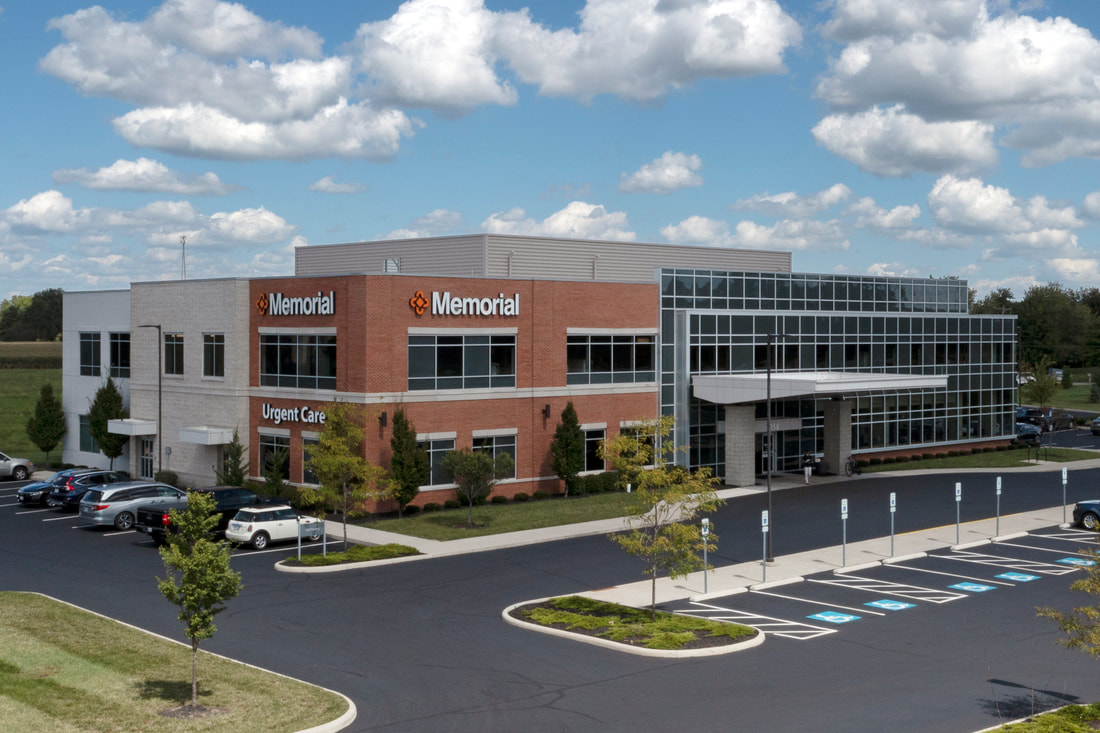
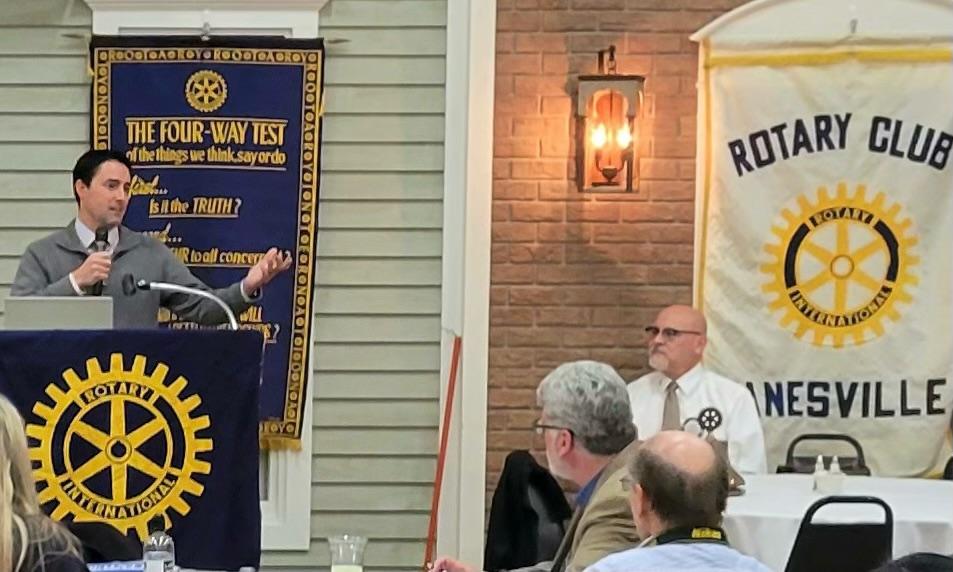

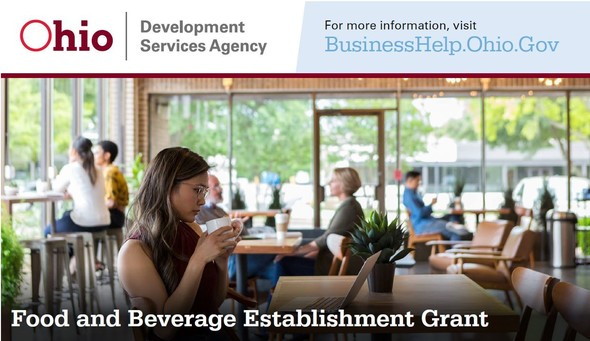
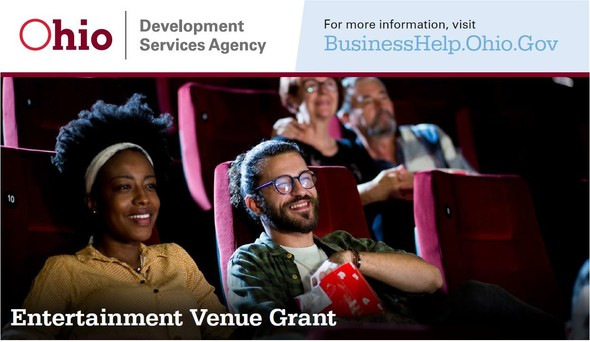
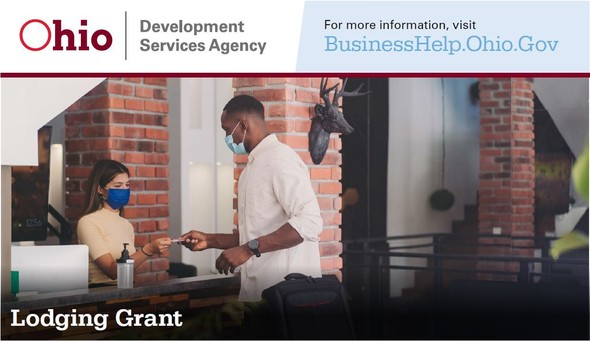
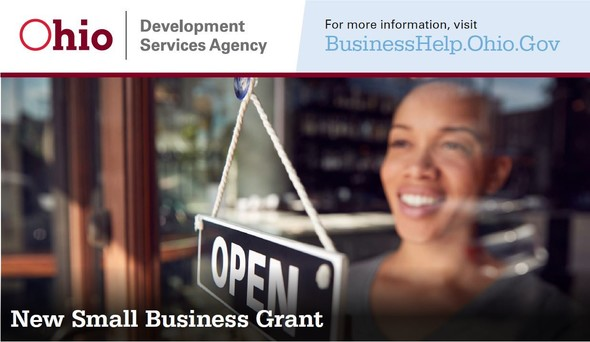
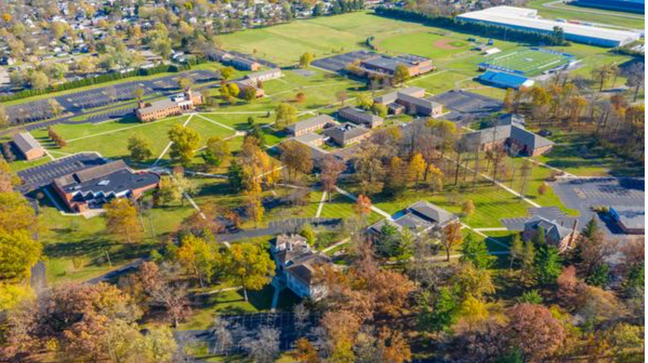
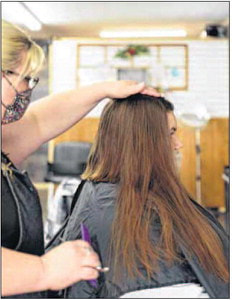
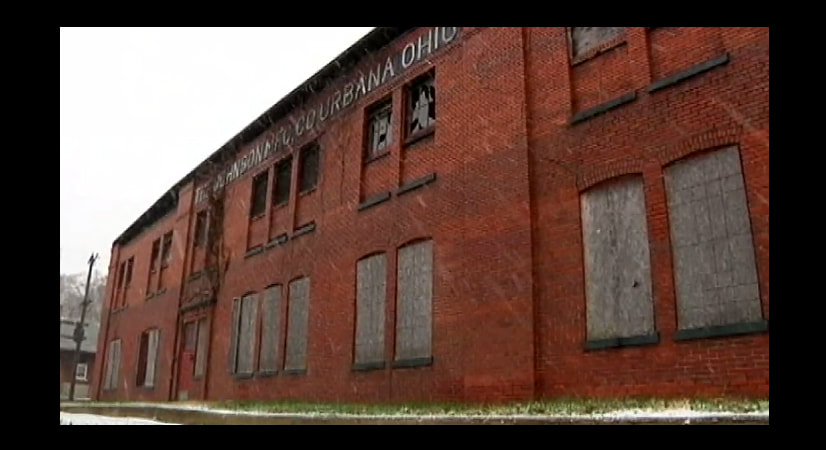
 RSS Feed
RSS Feed

